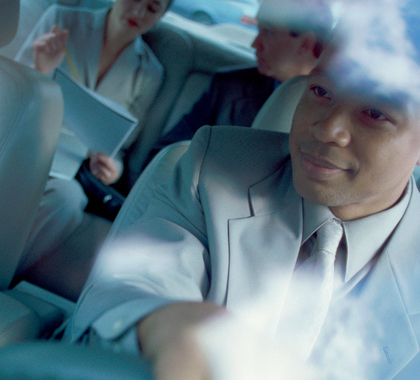After voters rejected a proposal to roll back regulations targeting popular peer-to-peer economy transportation network companies (TNCs), Austin, Texas residents took to the streets to tell lawmakers how the loss of TNC services such as Uber affects their everyday lives.
In 2014, the Austin City Council enacted a temporary ordinance allowing individuals to use TNC services until more permanent regulations could be crafted. In December 2015, the Austin City Council passed an ordinance governing TNC operations in the city, requiring drivers to be fingerprinted and researched by police and imposing a 1 percent tax on all revenue the drivers collect.
In February 2016, when the ordinance took effect, Austin residents collected 65,103 signatures on petitions asking the city council to roll back the TNC ordinance. City lawmakers voted to put the issue before voters in early May, and residents voted 56 percent to 49 percent to reject the proposal.
Following the vote, popular TNCs Lyft and Uber suspended all operations in the city.
In June, demonstrators protested in front of Austin’s City Hall, telling local media they hoped to show lawmakers how forcing the companies to leave has made things tougher for local residents.
‘Numerous Benefits’
Baruch Feigenbaum, a transportation policy analyst for the Reason Foundation, says Austin consumers erred by voting to regulate TNCs.
“Ridesharing brought numerous benefits to Austin,” Feigenbaum said. “During major events, when there [were] not enough taxis to match demand, ridesharing stepped in and provided rides to the business community. Ridesharing brought new technology, such as online reservations and credit card payment, to the industry. Austin is a very technologically inclined city, and area residents tend to like the online options.”
Giving Residents a Lift
Feigenbaum says Lyft and Uber lifted everyone up, not just businesses.
“Ridesharing served the low-income, minority areas of the city, which taxis tend to underserve,” Feigenbaum said. “Ridesharing provides part-time work to thousands of Austin-region residents, many of whom are college students, mothers with children, or seniors who otherwise would not be working.”
Public Safety Benefits
Josiah Neeley, a senior fellow with the R Street Institute, says TNCs improved Austin’s public safety.
“When they were debating the [TNC] ordinance, Austin law enforcement actually came out and said that ridesharing companies provide a real public safety value,” Neeley said. “Law enforcement mentioned before the city that when the bars let out, you have a lot of very vulnerable people.
“They’ve been drinking, and even if they’re not getting behind the wheel, the longer it takes to clear that area, the more danger there is of some sort of incident,” Neeley said. “Whether that be someone trying to take advantage of young women, people getting into fistfights, or whatever; that’s a huge public safety concern, even apart from drunk driving.”
Jeff Reynolds ([email protected]) writes from Portland, Oregon.



